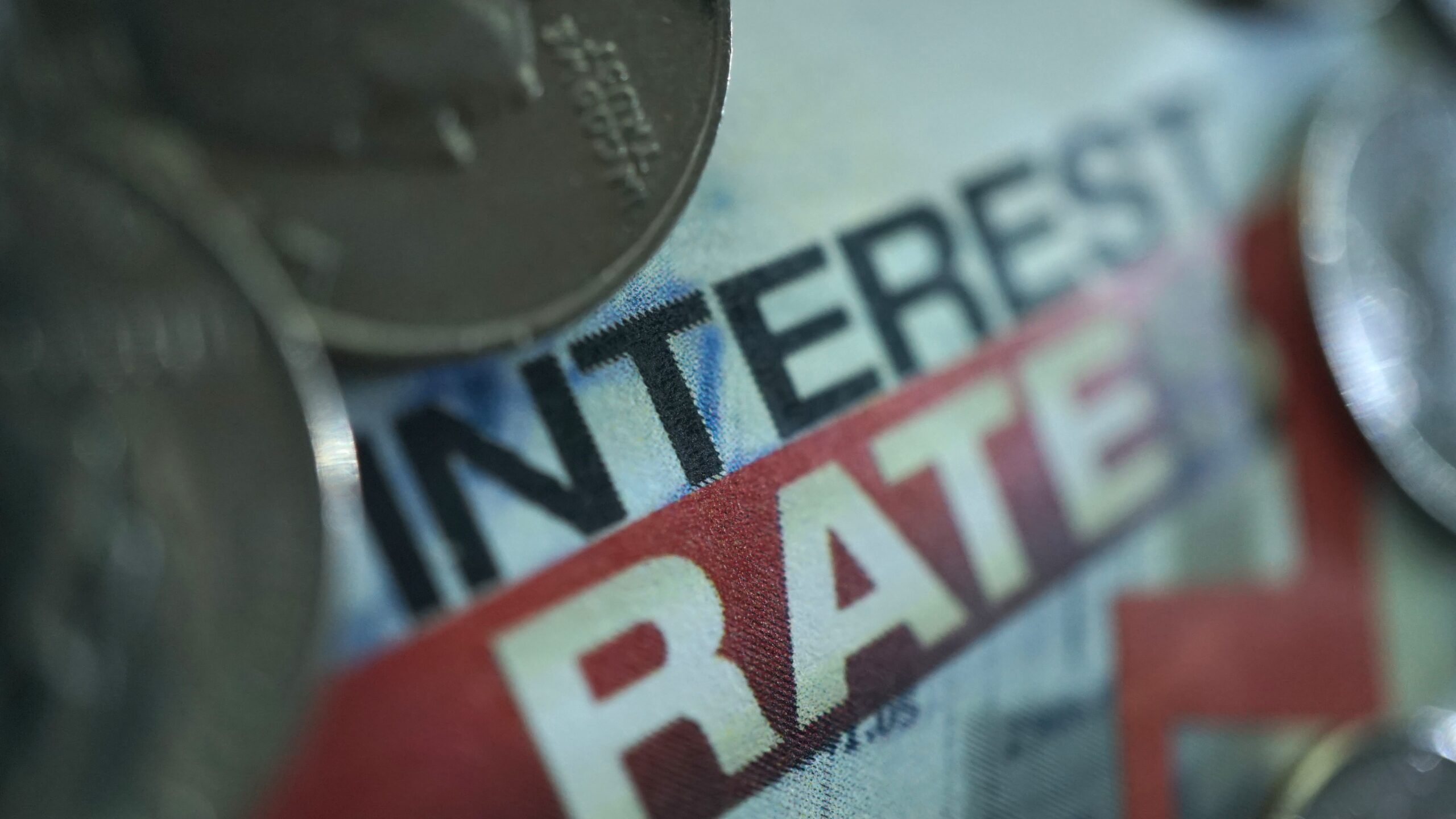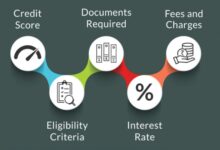The role of interest rates in loans and how to negotiate for better rates

The Role of Interest Rates in Loans and How They Work
Interest rates are a crucial factor when it comes to taking out loans. Simply put, interest is the cost of borrowing money, and it is usually expressed as a percentage of the total loan amount. When you take out a loan, you agree to pay back the amount borrowed, plus interest, over a set period.
Interest rates are determined by a number of factors, including the type of loan, the lender’s risk assessment of the borrower, the loan amount, and the length of the repayment term. In general, the riskier the loan, the higher the interest rate, as lenders seek to compensate for the higher likelihood of default.
Different Types of Loans and Their Interest Rates
The type of loan you take out can have a significant impact on the interest rate you receive. Some common types of loans include:
- Personal Loans: These are unsecured loans that can be used for a variety of purposes, such as home improvement projects, debt consolidation, or emergency expenses. Interest rates for personal loans can range from 6% to 36%, depending on the borrower’s creditworthiness and the lender’s policies.
- Home Loans: These are secured loans that are used to purchase a home or refinance an existing mortgage. Interest rates for home loans can vary depending on the borrower’s credit score, loan-to-value ratio, and the length of the loan term. In general, fixed-rate mortgages offer a stable interest rate, while adjustable-rate mortgages can have variable rates that change over time.
- Business Loans: These are loans that are used to finance business operations or expansion. Interest rates for business loans can vary widely depending on the lender, the borrower’s creditworthiness, and the type of loan. Some common types of business loans include term loans, lines of credit, and equipment financing.
Tips for Negotiating Better Interest Rates
Getting a lower interest rate on your loan can save you thousands of dollars over the life of the loan. Here are some tips for negotiating better interest rates:
- Check Your Credit Score: Your credit score is one of the most important factors that lenders use to determine your interest rate. Make sure you check your credit report and address any errors or negative information that could be hurting your score.
- Shop Around: Don’t settle for the first loan offer you receive. Shop around and compare offers from multiple lenders to find the best interest rate and terms.
- Increase Your Down Payment: If you’re taking out a secured loan, such as a home loan or auto loan, consider increasing your down payment. This can reduce the loan-to-value ratio and make you a less risky borrower, which could lead to a lower interest rate.
- Consider a Co-Signer: If you have a less-than-perfect credit score, consider asking a trusted friend or family member to co-sign on the loan. This can improve your chances of getting approved and may help you qualify for a lower interest rate.
- Negotiate with the Lender: Don’t be afraid to negotiate with the lender to get a better interest rate. Use your research and any leverage you have, such as a strong credit score or a high down payment, to try to get a better deal.
- The Impact of Interest Rates on Loan RepaymentsThe interest rate you receive on your loan can have a significant impact on your monthly payments and the total cost of the loan. For example, a $10,000 personal loan with a 6% interest rate and a 3-year term would result in monthly payments of $304 and a total cost of $10,944. However, the same loan with a 12% interest rate would result in monthly payments of $332 and a total cost of $11,952.To understand the impact of interest rates on your loan repayment, it’s important to use a loan calculator to estimate your monthly payments and the total cost of the loan. This can help you make informed decisions about the loan amount, term, and interest rate.
The Role of Credit Scores in Interest Rates
As mentioned earlier, your credit score is one of the most important factors that lenders use to determine your interest rate. Your credit score is a numerical representation of your creditworthiness, based on your credit history, outstanding debts, and other financial factors.
In general, borrowers with higher credit scores are seen as less risky by lenders and may qualify for lower interest rates. On the other hand, borrowers with lower credit scores may face higher interest rates or even be denied a loan altogether.
To improve your chances of getting a lower interest rate, focus on building and maintaining a good credit score. This includes paying your bills on time, keeping your credit card balances low, and avoiding new credit applications unless necessary.
The Benefits of Refinancing to Lower Interest Rates
If you already have a loan with a high interest rate, you may be able to save money by refinancing to a lower rate. Refinancing involves taking out a new loan to pay off the existing loan, often with better terms and a lower interest rate.
Some benefits of refinancing to lower interest rates include:
- Lower monthly payments: By reducing your interest rate, you can lower your monthly payments and free up cash flow.
- Lower total cost: By reducing the interest rate and the overall cost of the loan, you can save money over the life of the loan.
- Simplified payments: If you have multiple loans or credit card balances, refinancing can consolidate them into a single loan with one monthly payment.
To determine whether refinancing is the right choice for you, consider the fees and costs associated with refinancing, as well as the impact on your credit score and financial goals.
Conclusion
Interest rates are a key factor in loans, affecting everything from the cost of borrowing to the total repayment amount. By understanding the role of interest rates in loans and following these tips for negotiating better rates, you can save money and get the best loan terms possible. Remember to consider your credit score, shop around for the best offers, and use loan calculators to estimate the impact of interest rates on your repayment.






